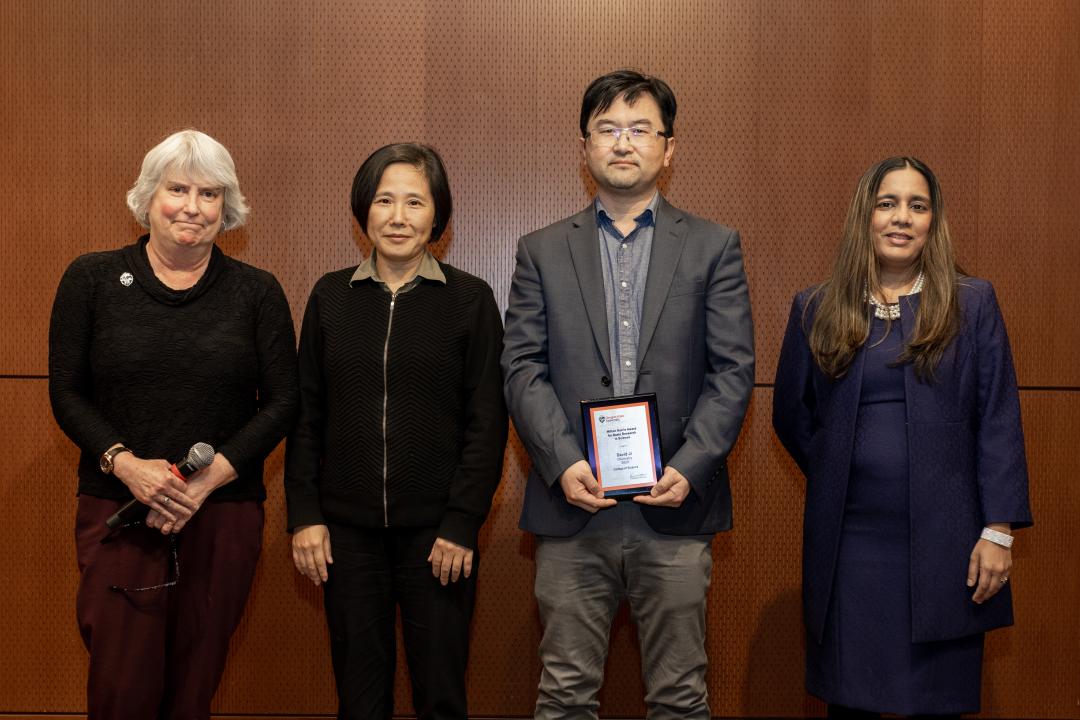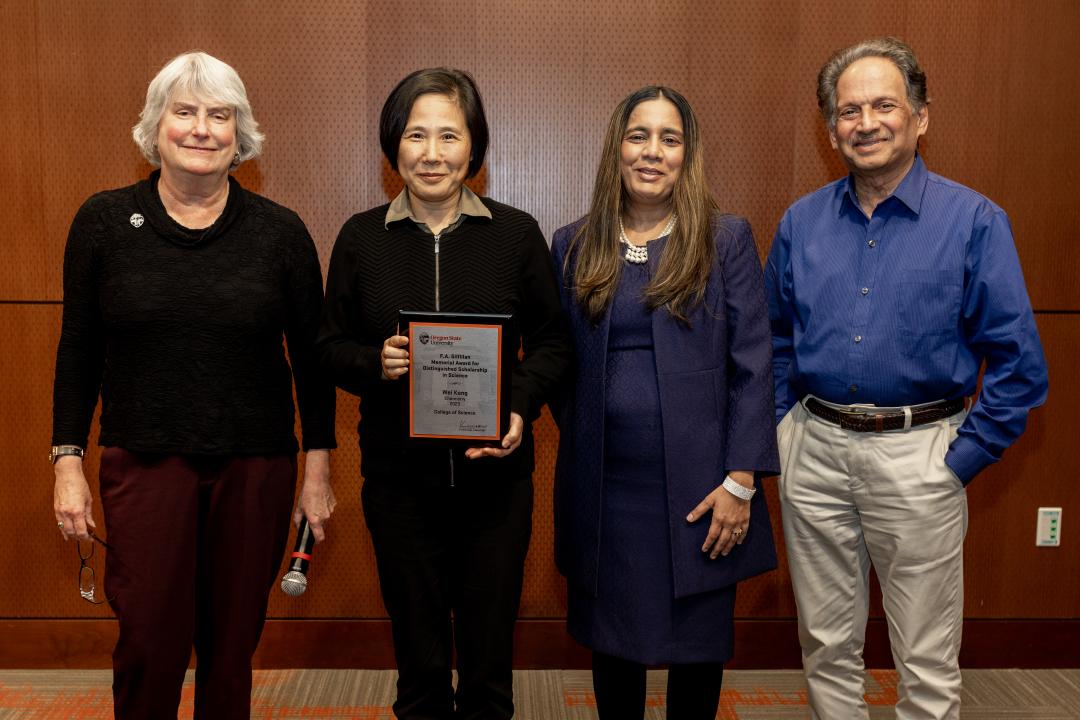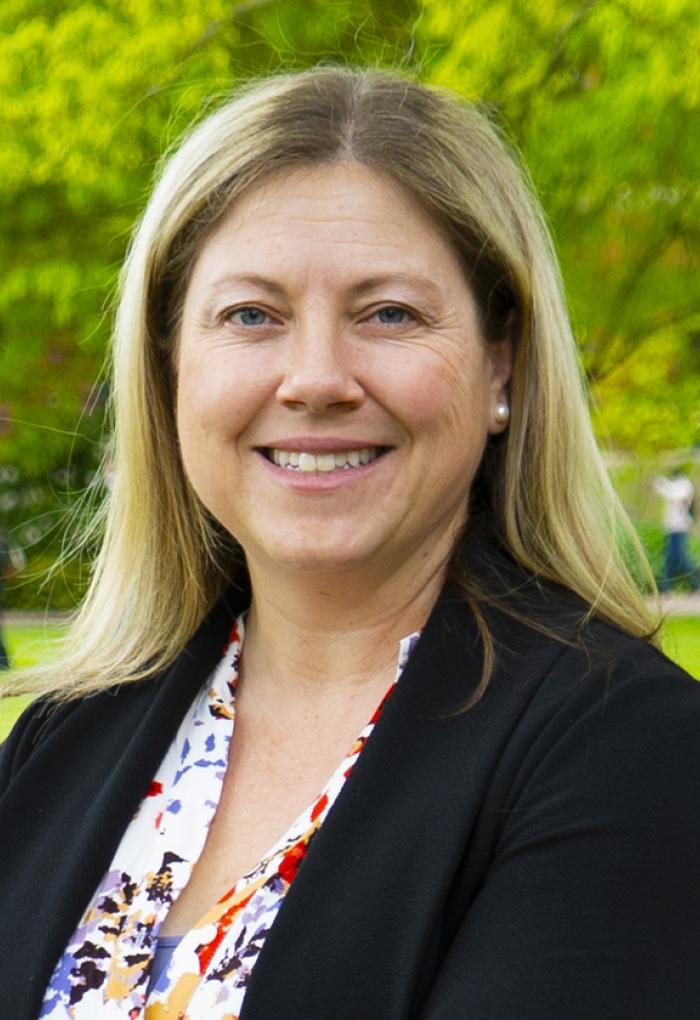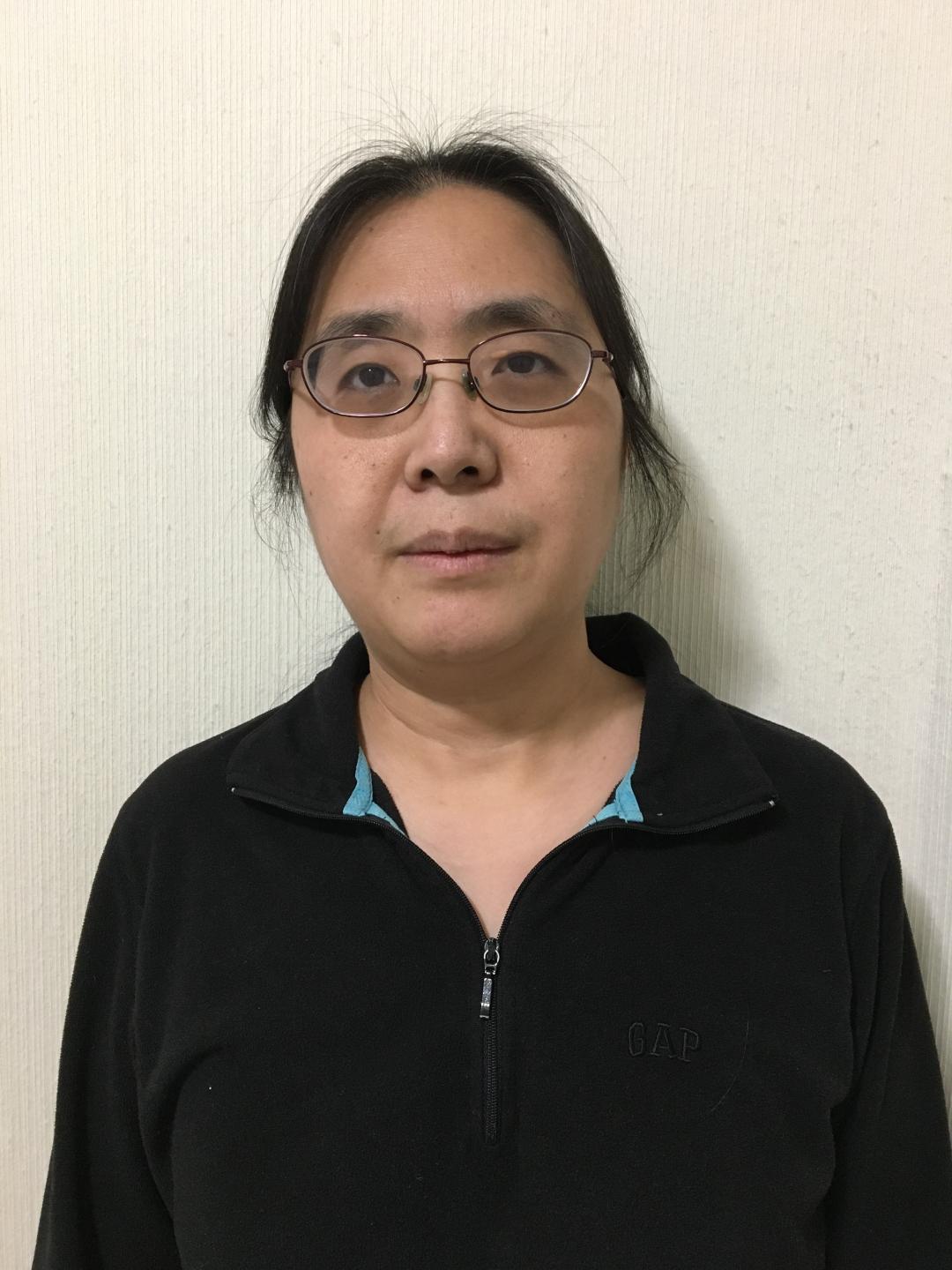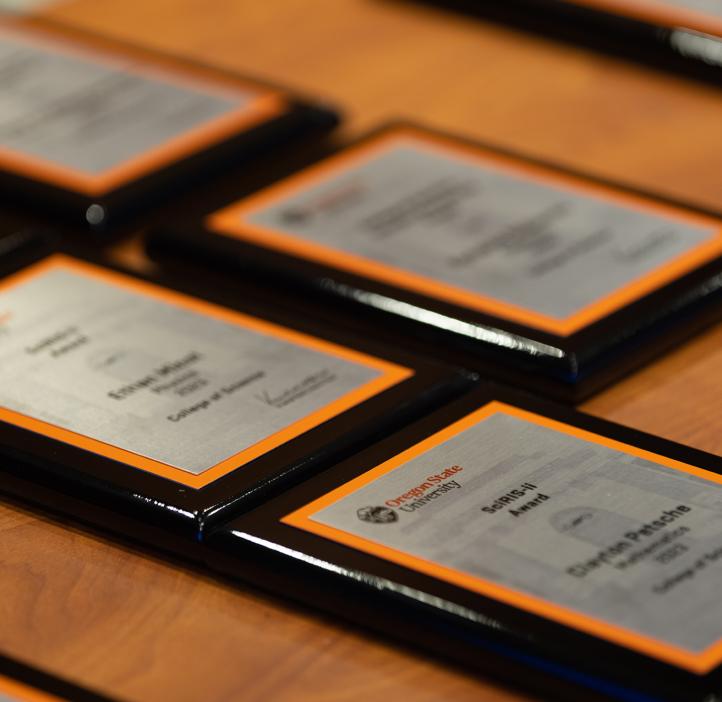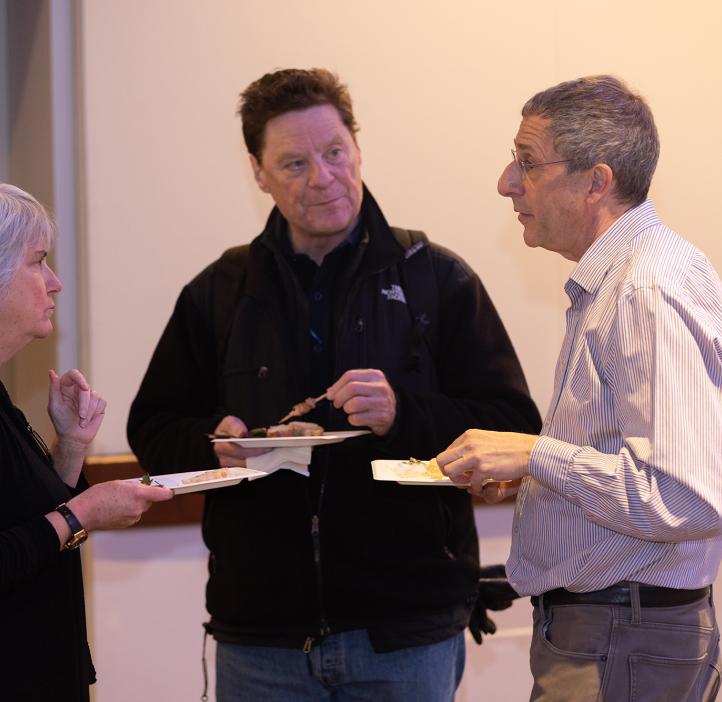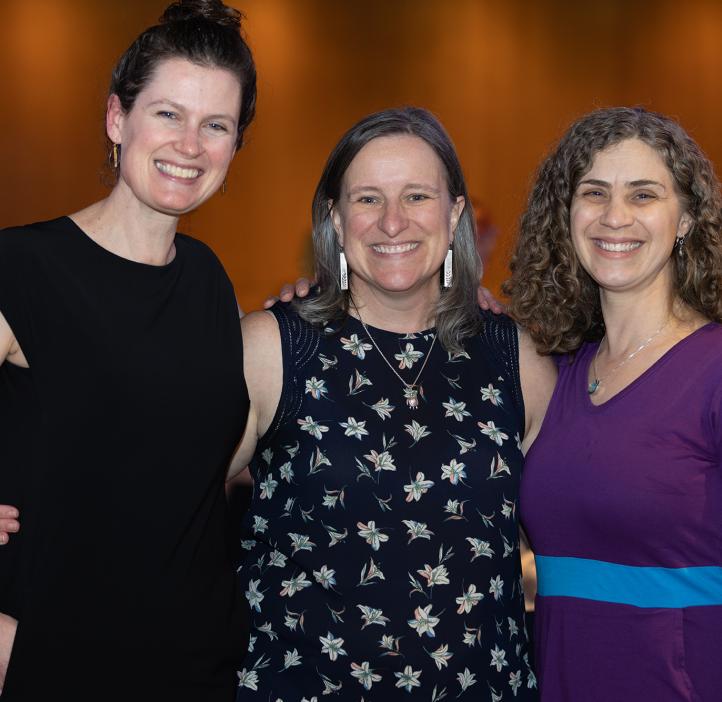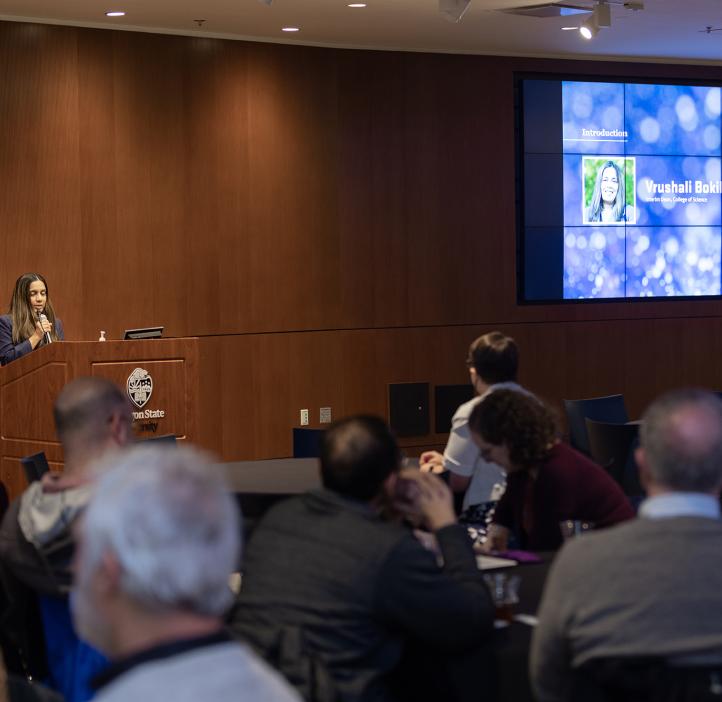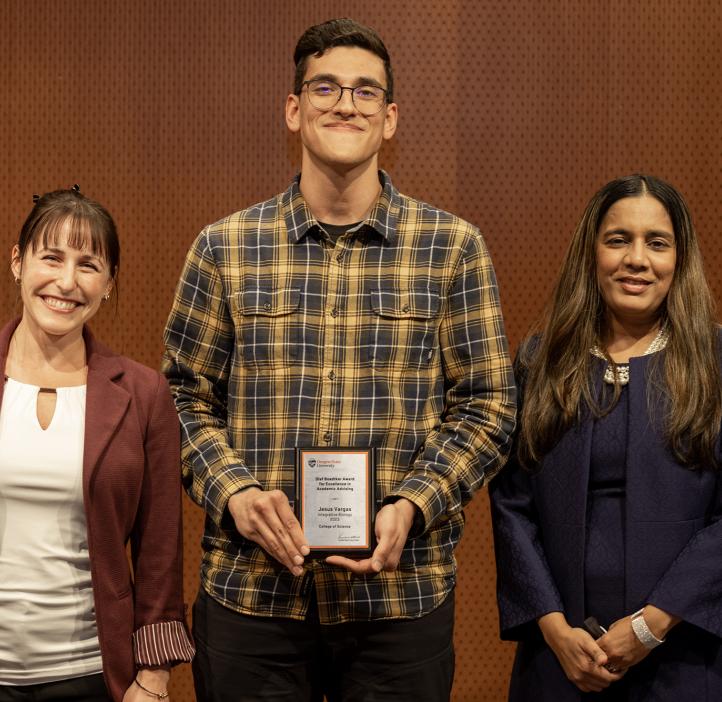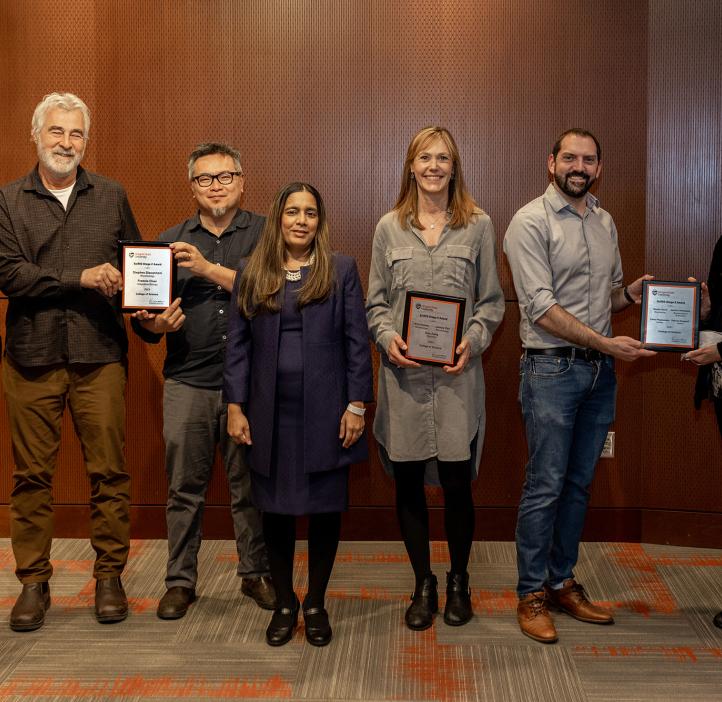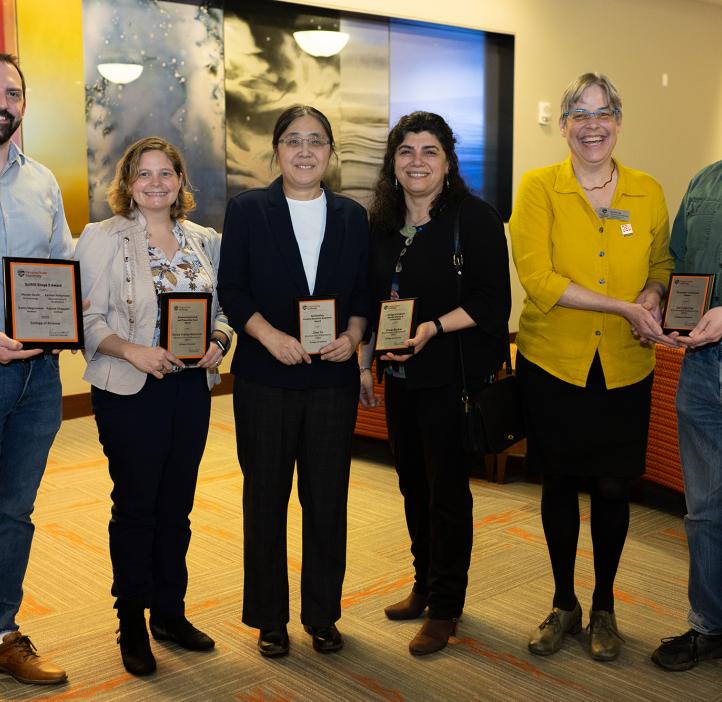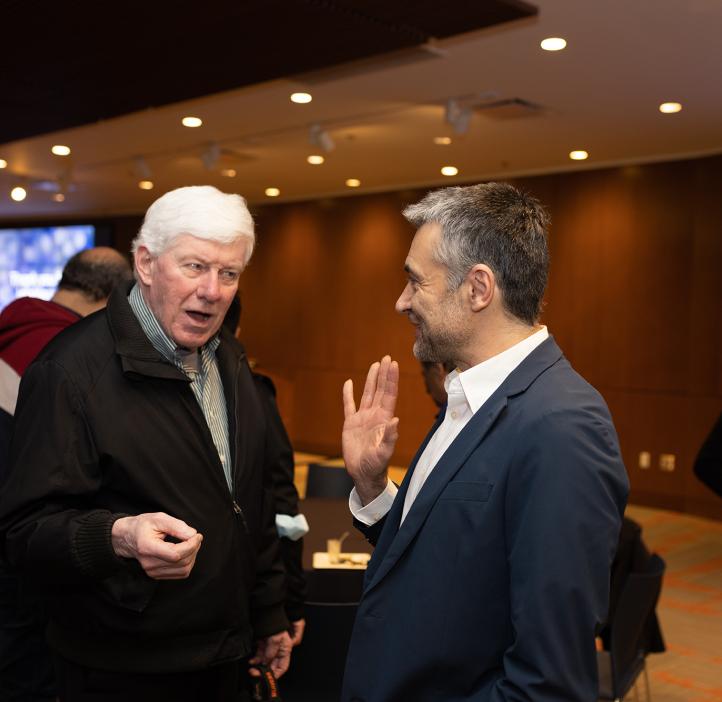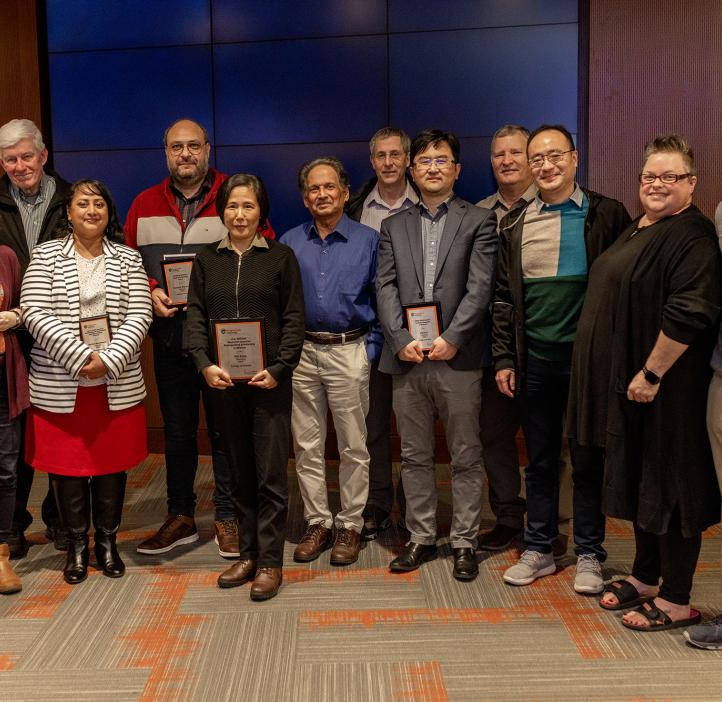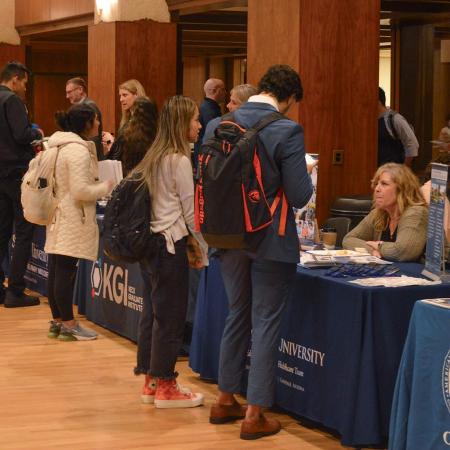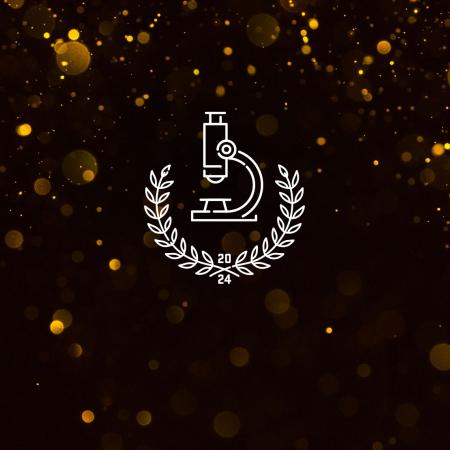Department of Chemistry Head and Professor Wei Kong received the F.A Gilfillan Award for Distinguished Scholarship, which honors faculty members in the College of Science whose scholarship and scientific accomplishments have extended over a substantial period of time, especially faculty whose research careers have had a significant impact on his or her field.
Kong’s research focuses on developing a method that addresses a great challenge in the scientific world – obtaining high-resolution atomic structures of biological macromolecules and nanomaterials.
Kong arrived at Oregon State in 1995 and has been a full professor since 2005. In her first year, she received both the NSF CAREER and Sloan awards, demonstrating herself as a leader in experimental physical chemistry.
Since then, she developed a new sub-area of research in the field of molecular spectroscopy, focusing on measurements of linear dichroism in large-oriented organic and biological molecules.
Subsequently, under her direction, the Kong Research Group developed a new method called single-molecule serial electron diffraction imaging. The method combines cutting-edge technologies such as superfluid helium droplets in physical chemistry, electrospray spray ionization in analytical chemistry, and Fourier transform optical imaging in physics, to obtain diffraction images of molecules oriented by a laser field and a pulse electric field.
“She has taken on these high risks, sufficiently informed and insightful, to see a path forward where others saw the boulders,” one nominator wrote.
Kong’s research has culminated in 80 peer-reviewed publications including multiple in top-tier journals, four invited reviews, three book chapters and 34 invited conference presentations. She has mentored numerous students and postdoctoral researchers, all while securing nearly $5 million in funding from national agencies and another $1 million from state and Oregon State University sources.
Dean’s Early Career Achievement Award

